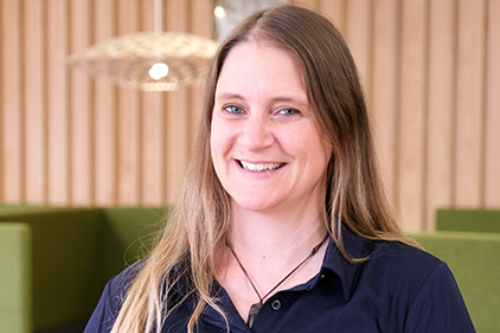

With New Zealand’s natural hazard monitoring platform GeoNet celebrating its 20th anniversary this year, EQC chief resilience and research officer Dr Jo Horrocks (pictured) looked back at how the tool has benefited Kiwis by giving them near-instant access to data.
GeoNet was established by the Earthquake Commission, GNS Science and Land Information NZ in 2001, and now has more than 700 sensors across New Zealand, as well as a 24/7 National Geohazards Monitoring Centre supported by MBIE.
“The near instant data streams on earthquakes, tsunamis, landslides and volcanoes are critical to helping us understand our natural hazards and better manage and reduce the impact of those hazards,” Horrocks said.
According to Horrocks, GeoNet is EQC’s biggest research investment, getting the lion’s share of the budget each year, with data gathered being used by scientists, emergency managers, government decision makers, insurers, aviators, and members of the public. The funding from the EQC helps keep GeoNet data free to everyone.
The investment has also massively improved how EQC gathers data on earthquakes, with New Zealand experiencing around 20,000 to 30,000 tremors annually, with up to 2% being strong enough to be felt by people.
“Back in 2001, our seismic monitoring was based on analogue seismometers using taper paper which could take weeks to analyse,” Horrocks said.
“The monitors were often placed on farms in remote locations and ‘rapid’ assessment after an event meant a GNS scientist phoning the farmer to ask them to kindly walk into their paddock to check the paper and report back.”
Nearly 20 years later, instant updates on location and strength of any seismic activity has become standard, both for scientists, and for everyday New Zealanders via the GeoNet app and website.
“Whenever there is news of shaking, volcanic unrest or threat of tsunamis, New Zealanders head to where the data is – GeoNet’s app or website – and through ‘felt’ reports on their experiences, make their own contribution to the power of GeoNet data,” Horrocks said.
